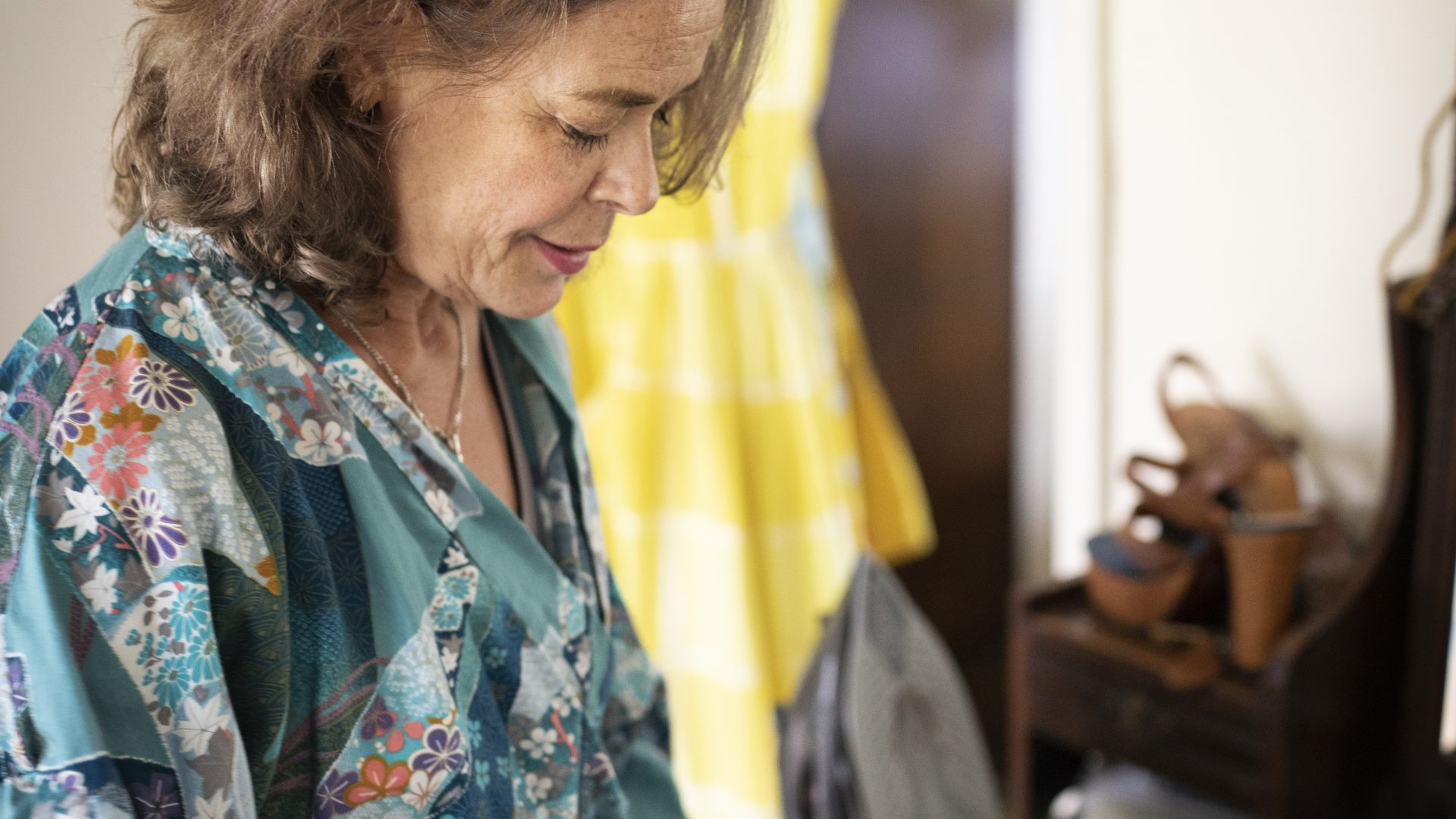Blood to blood contact is when the blood of a person who has hepatitis C gets into your bloodstream. In Scotland, hepatitis C is most commonly passed on through sharing needles or other injecting equipment.
Key things to know
Both hepatitis C and HIV are passed on via blood to blood contact. If you have hepatitis C as well as HIV and/or hepatitis B, this is called co-infection.
- People living with HIV have an increased risk of hepatitis C, therefore hepatitis C testing is recommended for anyone recently diagnosed or living with HIV.
- HIV treatment can be used safely and effectively if you have hepatitis C. You can get treated for both HIV and hepatitis C at the same time.
- Co-infection with HIV and hepatitis C can cause your liver to become severely damaged faster. It’s therefore important to talk to your doctor about treatment straight away if you have hepatitis C and HIV.
If you are worried about a possible co-infection, you can get in touch with us for support and advice.
Get in touch
Routes of transmission
The most common routes of transmission are:
- Sharing needles or other injecting equipment such as syringes, filter spoons or tourniquets.
- Sharing a tooter or banknote when snorting cocaine: snorting cocaine causes blood vessels in your nose to burst which means that blood might end up on the tooter or banknote when you snort it. If someone else uses the same tooter or banknote, they might be exposed to blood.
- Contaminated piercing or tattoo equipment (including ink): this is a low risk in Scotland, however, if you have had a tattoo or piercing abroad, you should consider getting a hepatitis C test.
- Acupuncture, electrolysis, medical or dental treatment in countries where infection control may be poor.
- A blood transfusion in the UK before September 1991.
- Having received an organ or tissue transplant in the UK before 1982.
- Sex that involves contact with blood, even in small quantities, with someone who has hepatitis C. This can happen when partners have broken skin allowing blood to pass from one to another, for example during anal sex, fisting or sharing sex toys.
- Being accidentally exposed to blood where there is a risk of passing on hepatitis C. For example, a healthcare worker with a needle stick injury.
- Being exposed to hepatitis C through close household contact (sharing toothbrushes or razors) with someone who has hepatitis C.
- From a birthing parent to a baby: this is low risk, however, if the birthing parent also has HIV, the risk of passing on hepatitis C to the baby is higher.
If you think you might have been at risk of hepatitis C now or in the past, it is important to get tested so you can access treatment and prevent onward transmission. You can use our service finder to find testing in your local area.
If you’re not sure if you have been at risk, get in touch with us for support and advice.
Hepatitis C is NOT passed on through:
- spitting,
- kissing or hugging,
- being bitten,
- contact with unbroken skin,
- being sneezed on,
- sharing towels, blankets, mugs or cutlery,
- using the same toilet, bath, shower or swimming pool,
- CPR, or mouth to mouth resuscitation,
- contact with animals or insects like mosquitoes.
How can I prevent hepatitis C transmission?
In Scotland, hepatitis C is most commonly passed on through injecting equipment. One way to prevent transmission is to use new and clean injecting equipment every time you inject and to never share injecting equipment with others. To access new injecting equipment, contact your local Alcohol and Drug partnership.
Hepatitis C can also be passed on during anal sex and other sexual contact, such as fisting, if there are tears in the skin or bleeding. Condoms and latex gloves are an effective way to prevent the transmission of hepatitis C and HIV during sex. Condoms and gloves should also be disposed appropriately after use, as hepatitis C can survive outside the body and be transmitted through the contact with even smallest amount of blood.
For more information on hepatitis C risk factors and transmission among men who have sex with men, check out:
- The Hepatitis C Trust’s information for men who have sex with men
- The iBase guide Safer HCV sex for gay men
Looking to get tested?
Dried spot blood tests are available from Waverley Care in Glasgow and Edinburgh, and in some GP surgeries. You can find hepatitis C testing in your local area by using our service finder.




